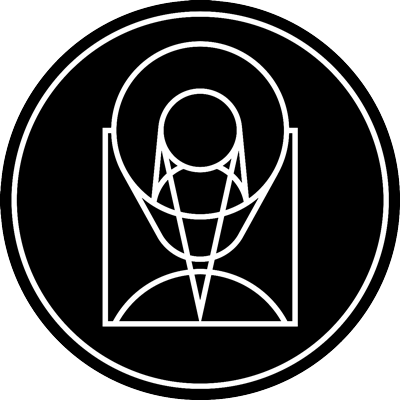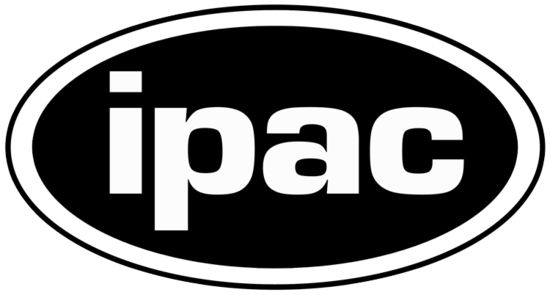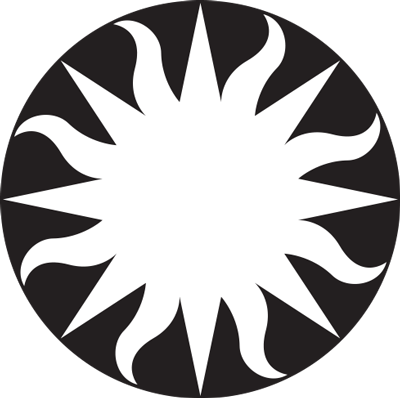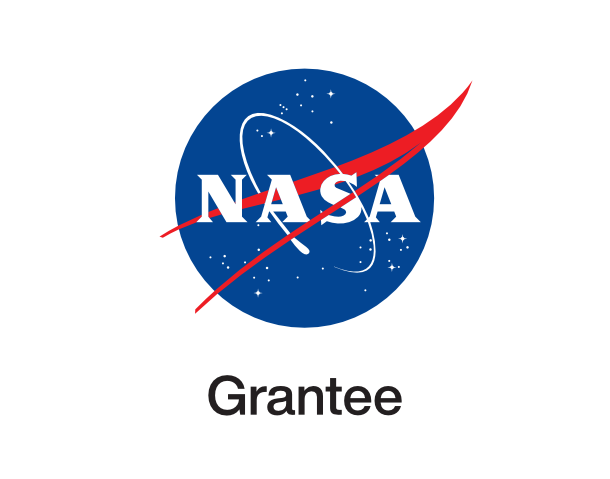NASA's Hubble Looks to the Final Frontier

stsci_2016-28a July 21st, 2016
Credit: Credit: NASA, ESA, and J. Lotz (STScI)
Celebrating its 50th anniversary this year, the TV series "Star Trek" has captured the public's imagination with the signature phrase, "To boldly go where no one has gone before." The Hubble Space Telescope simply orbits Earth and doesn't "boldly go" deep into space. But it looks deeper into the universe than ever before possible to explore the fabric of time and space and find the farthest objects ever seen. This is epitomized in this Hubble image that is part of its Frontier Fields program to probe the far universe. This view of a massive cluster of galaxies unveils a very cluttered-looking universe filled with galaxies near and far. Some are distorted like a funhouse mirror through a warping-of-space phenomenon first predicted by Einstein a century ago.
Provider: Space Telescope Science Institute
Image Source: https://hubblesite.org/contents/news-releases/2016/news-2016-28
Curator: STScI, Baltimore, MD, USA
Image Use Policy: http://hubblesite.org/copyright/
 Color Mapping
Color Mapping
| Telescope | Spectral Band | Wavelength | |
|---|---|---|---|

|
Hubble (ACS/WFC) | Optical (B) | 435.0 nm |

|
Hubble (ACS/WFC) | Optical (V) | 606.0 nm |

|
Hubble (ACS/WFC) | Infrared (I) | 814.0 nm |

|
Hubble (WFC3/IR) | Infrared (I) | 1.1 µm |

|
Hubble (WFC3/IR) | Infrared (J) | 1.3 µm |

|
Hubble (WFC3/IR) | Infrared (JH) | 1.4 µm |

|
Hubble (WFC3/IR) | Infrared (H) | 1.6 µm |









- ID
- 2016-28a
- Subject Category
- C.5.5.3
- Subject Name
- Abell S1063
- Credits
- Credit: NASA, ESA, and J. Lotz (STScI)
- Release Date
- 2016-07-21T00:00:00
- Lightyears
- 4,000,000,000
- Redshift
- 4,000,000,000
- Reference Url
- https://hubblesite.org/contents/news-releases/2016/news-2016-28
- Type
- Observation
- Image Quality
- Good
- Distance Notes
- Facility
- Hubble, Hubble, Hubble, Hubble, Hubble, Hubble, Hubble
- Instrument
- ACS/WFC, ACS/WFC, ACS/WFC, WFC3/IR, WFC3/IR, WFC3/IR, WFC3/IR
- Color Assignment
- Blue, Blue, Green, Green, Red, Red, Red
- Band
- Optical, Optical, Infrared, Infrared, Infrared, Infrared, Infrared
- Bandpass
- B, V, I, I, J, JH, H
- Central Wavelength
- 435, 606, 814, 1050, 1250, 1400, 1600
- Start Time
- Integration Time
- Dataset ID
- Notes
- Coordinate Frame
- ICRS
- Equinox
- 2000.0
- Reference Value
- 342.18295721830, -44.53125081080
- Reference Dimension
- 4158.00, 4656.00
- Reference Pixel
- 2237.07069203417, 2141.66886287523
- Scale
- -0.00000831576, 0.00000831576
- Rotation
- -7.16197229021
- Coordinate System Projection:
- TAN
- Quality
- Full
- FITS Header
- Notes
- World Coordinate System resolved using PinpointWCS 0.9.2 revision 218+ by the Chandra X-ray Center
- Creator (Curator)
- STScI
- URL
- http://hubblesite.org
- Name
- Space Telescope Science Institute Office of Public Outreach
- outreach@stsci.edu
- Telephone
- 410-338-4444
- Address
- 3700 San Martin Drive
- City
- Baltimore
- State/Province
- MD
- Postal Code
- 21218
- Country
- USA
- Rights
- http://hubblesite.org/copyright/
- Publisher
- STScI
- Publisher ID
- stsci
- Resource ID
- STSCI-H-p1628a-f-4158x4656.tif
- Resource URL
- https://mast.stsci.edu/api/latest/Download/file?uri=mast:OPO/product/STSCI-H-p1628a-f-4158x4656.tif
- Related Resources
- Metadata Date
- 2021-12-13T17:37:45-05:00
- Metadata Version
- 1.2
Detailed color mapping information coming soon...




